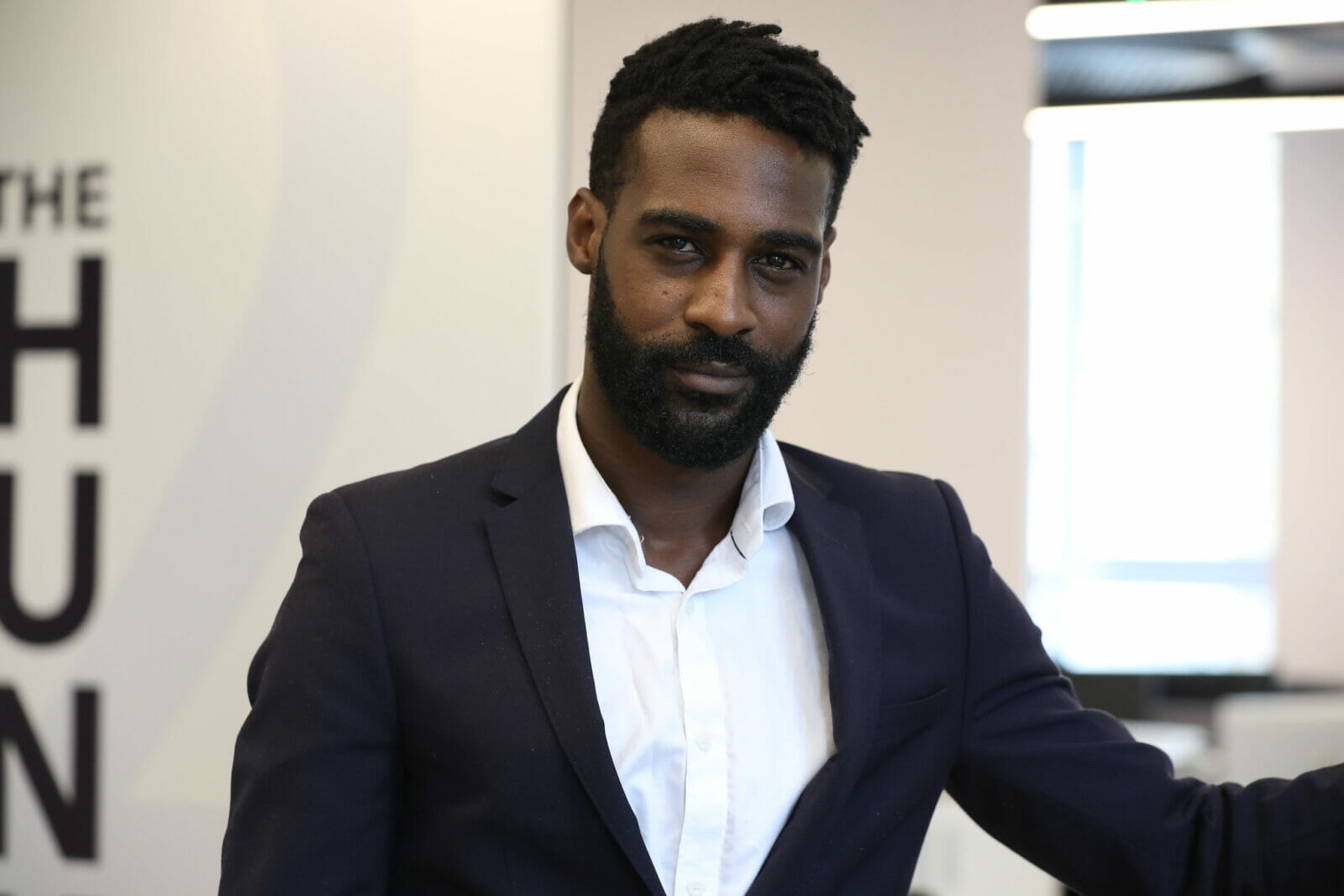Written by Henry Adefope, Associate Director, SEC Newgate UK
Do investment apps and platforms make it easier for investors to manage money? The easy answer should be yes.
The difference between platforms like eToro, and a traditional wealth manager or adviser is that the latter group advise their clients, or invest on their behalf, with a strict mandate to protect their best financial interests. This isn’t the case with platforms – ultimately, you are your own adviser.
The rise of investment apps has been phenomenal, with some investment apps now boasting more money under management than many of the UK’s leading wealth managers. Certainly, a growing cohort of investors are bypassing the protective intermediary altogether to independently access the financial markets.
This trend leaves us with two key questions to answer. Firstly, should anyone care that retail investors like you and me are taking so much independent, unqualified risk? And secondly, who should care about this trend?
Generational language
Widespread concerns about these apps are firmly on the Financial Conduct Authority’s (FCA) radar, particularly regarding a user experience which utilises gamification elements to entice a cohort who are typically younger and potentially more financially vulnerable. The increasing unaffordability of traditional ‘life milestones’ (buying a home, starting a family) has arguably led to an increased interest in investing amongst younger generations as they seek methods of saving and growing their personal wealth in the absence of a mortgage.
At this stage however, all the City’s regulator can demand is that the companies behind these DIY apps and platforms provide clearer warnings about the risks of using such trading hubs – to the industry’s credit, several are already implementing necessary checks and balances already.
Age is an important consideration here. The average age of a DIY investor is around 35 years old, according to research from eToro. In contrast, the core client base of an IFA or wealth manager is often in their 60’s, according to numbers from St James’s Place.
There is a reason these apps and platforms are becoming more ubiquitous. They serve a genuine gap in the market addressing the needs of a demographic demanding simplicity and easy, quick access. The gen-Y generation (and younger) are digital-natives, app happy and short on patience for the often laborious process of client onboarding via traditional advice pathways. This is the language they speak on almost all fronts and the first point of contact they expect from brands regardless of sector.
The advice gap
So, again, who should care about any of this? Without a doubt, the group that should are independent financial advisers and discretionary wealth managers. Their (future) lunch is being eaten by these investment platforms, and the number of people taking the app route is only going to increase – along with their assets.
Sure, right now most people using these apps are doing it with smaller amounts of money, but that is precisely the danger. For beginners, these platforms are filling an advice gap in place of IFAs and wealth advisers disinterested in advising over such paltry amounts.
These tools have been dismissed by some discretionary managers based on the belief that once the investor has ‘real money,’ they will seek out a full-service relationship – that is a risky assumption which underestimates both the comfort that digital natives have with technology, as well as how far the tech has advanced and will continue to over the next few decades. Today’s 35 years olds will be tomorrow’s 65-year-olds and their consumer choices should never be taken for granted.
Sweet spot
Of course, it doesn’t necessarily need to become the same old story of the old guard vs the new. Investing apps could be viewed as a complementary service, not a threat to advisers and wealth managers. These new entrants are growing the pie, attracting new customers who have historically been difficult for financial advisers to even reach, let alone service. Extending the market ultimately benefits everyone.
IFA networks could consider forging long-term relationships with platforms and apps – in some type of advisory referral capacity. Certainly, positive stakeholder relations here may do both sides of the coin long-term good. Apps and platforms need to demonstrate they are acting responsibly toward their users while financial advisers and wealth managers bring the necessary qualifications, safeguards and checks to the equation. They could use a regulated third-party option for referral whilst receiving a nice big tick from the regulator. Meanwhile, adviser-networks that want visibility among the next-gen of investors receive this benefit in kind in a symbiotic relationship. The digital disruptors are potentially a vital conduit to the next generation of clientele. Advisers and wealth managers who capitalise on this audience via their media and digital channels could well have a bigger slice of the pie in future than those that don’t. IFAs and investment apps as potential partners? Stranger things have happened.

















